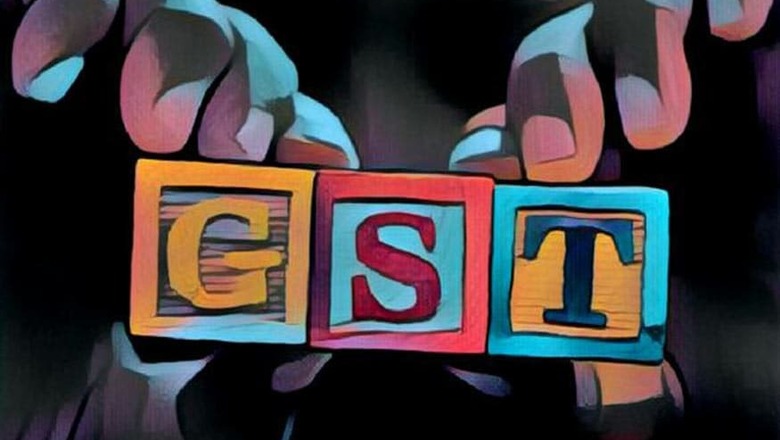
views
New Delhi: In order to prevent any rise in price of commodities after GST implementation, the Centre has proposed an 'anti-profiteering' measure to ensure that trade and industry pass the benefits of reduction in tax rates to consumers.
The draft model GST law, which is to be finalised by the GST Council on December 2-3, has also specified that the
highest tax slab will not exceed 28 per cent in the GST regime, thus accepting the key demand of Congress.
As per the draft, the central government will constitute an authority or entrust the task to an existing authority to examine that the input tax credits or reduction in tax rates are passed by registered tax payers to consumers.
The Centre on Saturday released 3 drafts -- model GST law, IGST law and Compensation law -- which have to approved by the Centre and state legislatures for roll out of GST.
Under the new Goods and Services Tax (GST) regime, which is likely to kick in from April 1, all traders and industries have to be registered with the GST Network to pay taxes, file return and claim refunds.
"Enabling provisions have been made for introduction of anti-profiteering measure, wherein a mechanism may be established to monitor whether the benefit arising to industry on account of GST is passed on to the consumers," said Pratik Jain, Partner and leader Indirect Tax at PwC.
The draft Integrated GST (IGST) law which has to be adopted by Centre as well as the states, says that Centre will notify the GST rate on the recommendations of the GST Council but it would not exceed 28 per cent.
The GST Council, headed by Finance Minister Arun Jaitley and having state representatives, has already decided on a 4-tier GST tax structure of 5, 12, 18 and 28 per cent. Luxury items and demerit goods would be taxed at the highest rate and would also attract a cess to create a Rs 50,000 crore corpus for compensating states for loss of revenue.
Parliament will have to approve all these legislations in the ongoing Winter Session to meet the April deadline.



















Comments
0 comment